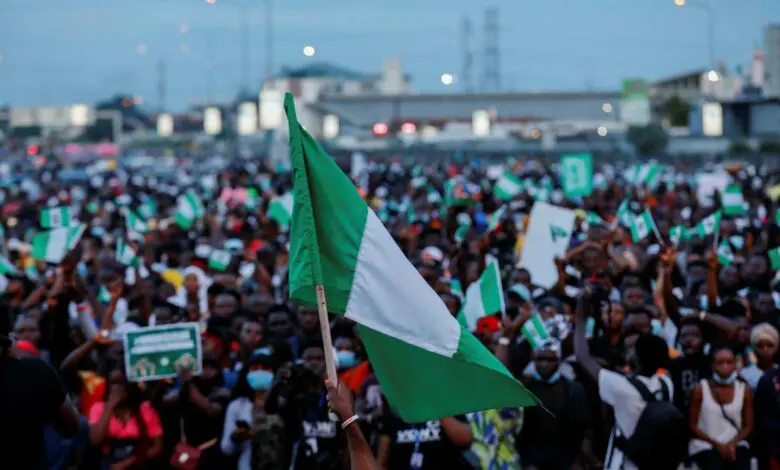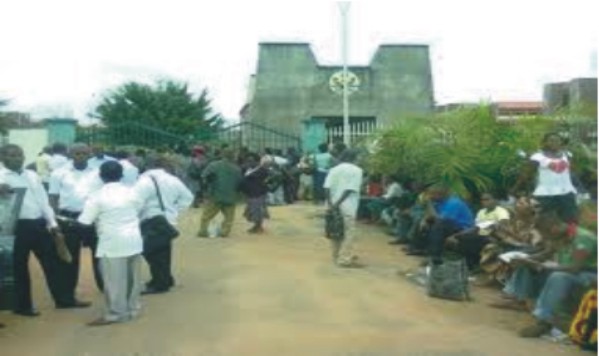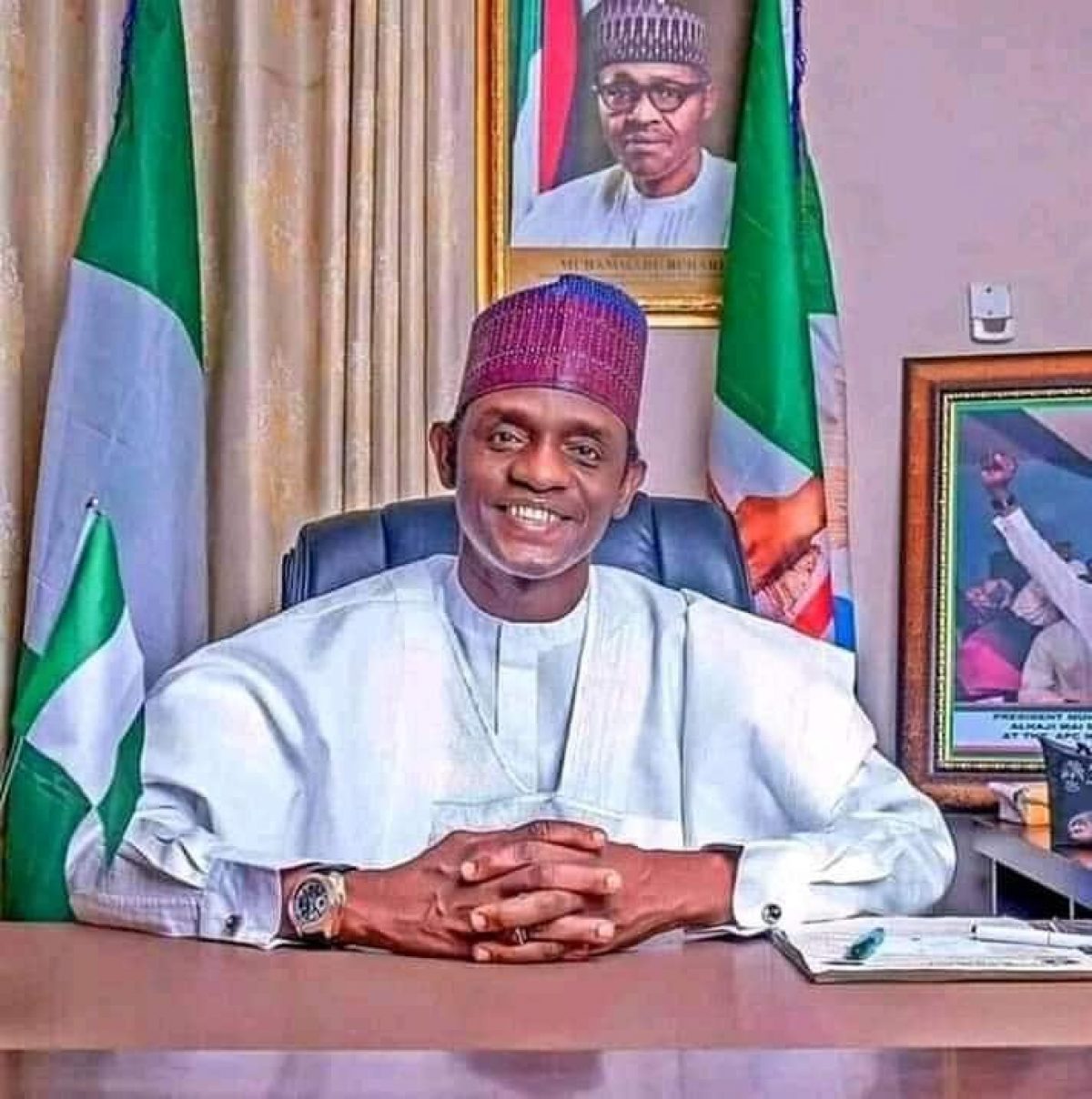As Nigeria marks 64 years of independence, thousands of citizens have taken to the streets in Lagos and Abuja to protest against the skyrocketing cost of living and economic hardship under President Bola Tinubu’s administration. The protests, which have drawn attention both locally and internationally, were sparked by frustration over rising inflation, energy prices, and the impact of economic reforms.
The protest, tagged “FearlessInOctober,” follows weeks of online mobilization and comes just after the August #EndBadGovernance demonstrations. Protesters in Abuja assembled in the Utako area, waving the Nigerian flag and carrying banners with slogans like “EndBadGovernance,” “DiasporaVoting,” and “EndHighLivingCosts.” Similarly, in Lagos, demonstrators gathered at the Ikeja UnderBridge, halting traffic and wielding banners demanding the reversal of policies such as the deregulation of the naira and the removal of petrol subsidies.
Security forces were on standby in both cities, observing the protests from a distance without intervening. The tension stems from President Tinubu’s controversial economic policies, including the removal of the petrol subsidy and the unification of foreign exchange rates. These policies have led to a sharp increase in energy costs, with petrol prices jumping from around N200 to over N1,000 per litre and electricity tariffs quadrupling.
In his Independence Day address, President Tinubu acknowledged the economic difficulties facing Nigerians, pleading for patience as his administration works on long-term solutions to ease the burden. He assured the public that reforms are being made to bring down the cost of living and stabilize the economy.







2 Comments